Tenday Notes 21 Sep - 30 Sep 2021
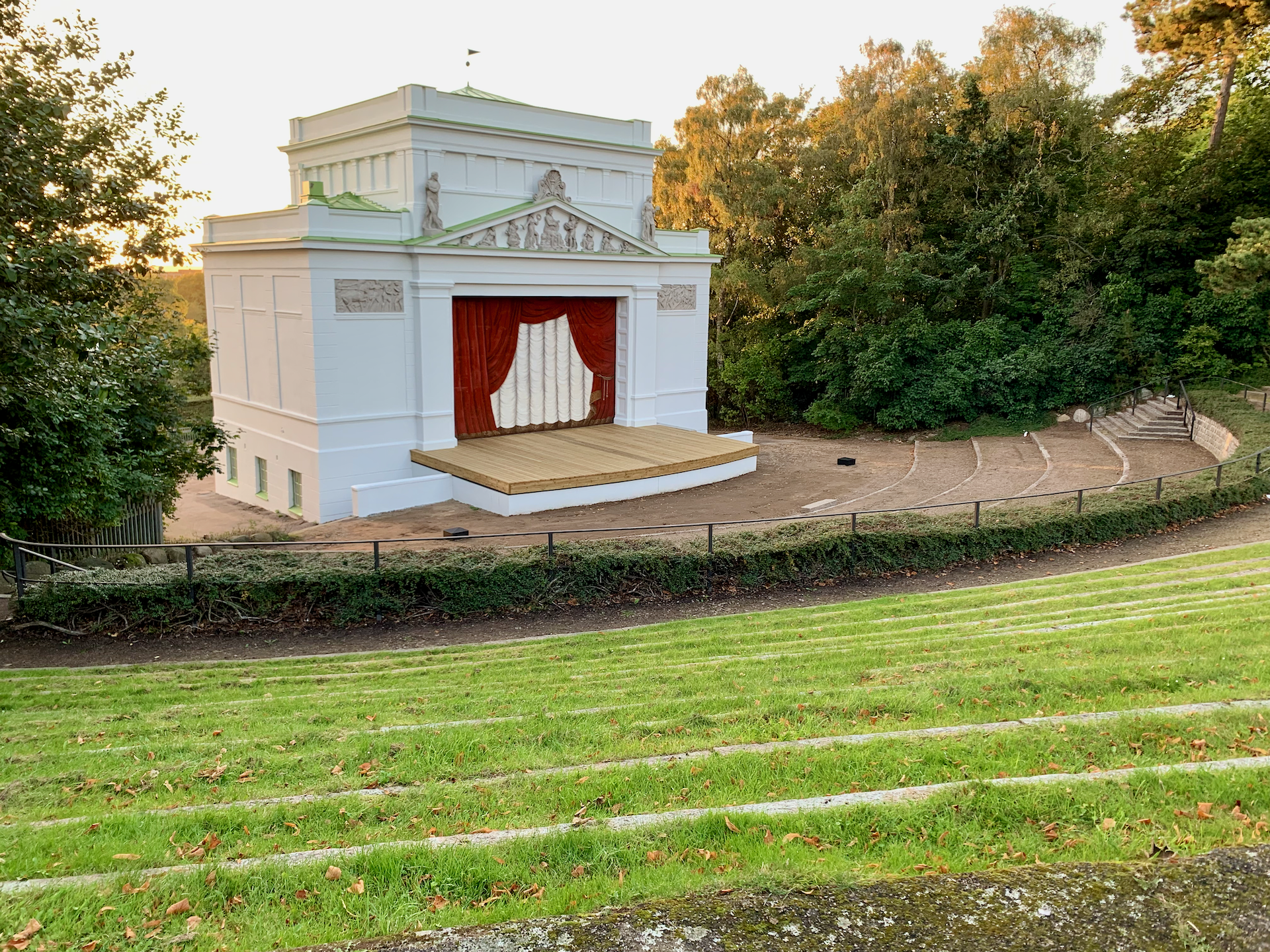
Every ten days I share a quick digest of what I've been working on and reading. Here's the latest. More in the series here. Want them in your inbox? Sign up.
I was a very early user of Spotify, and I think the first tech journalist to write about it in the UK. In a blog post written on 10 October 2008, I called it a "breath of fresh air".

In its early years, I was extremely impressed by the company's laser-focus on listener experience and willingness to experiment. That drove me to stick up for it in many of the early discussions around streaming royalties (the fault lies with the labels and publishers, not with the streaming services. Streamers have to pay the rates that the labels set).
But now? Honestly, I've not been excited by anything Spotify has done in a long time. The direction the product has evolved over the past decade, but particularly in the last few years, seems to revolve around trying to get you to listen to things it thinks you'll like, rather than letting you get to things you want to listen to. More like radio than a record player. My "home" page is full of podcasts I have no interest in. It's harder than ever to get to music I actually want to hear.
I understand that this probably makes smart business sense for Spotify. Far more people listen to the radio than own record players, after all. But it doesn't work for me. And the latest update, which moves the search bar out of the main interface and into a menu on the side, was the last straw for me (and others too, evidenced by this nice essay on how platforms mess with our tastes.)

So I'm looking for a new home. I'm trying out YouTube Music - largely because I caved and bought a YouTube Premium subscription after one too many terrible advert. I'm also gonna try out Apple Music, after reading this nice summary of the pros and cons when compared to Spotify (which echoes many of my criticisms above).

But I want to ask - do you use a non-Spotify music streaming service, and do you love it? If so, I'd love to hear why.
For the last couple of months I've been working on a project for Possible to map cities around the world that are working to reduce car ownership and the associated traffic, congestion and emissions. The result has just been published - The Irresistible Rise of People-Friendly, Clean Air Cities.

It's a whistle-stop tour of the world, flying from Nuremberg to New Delhi, from Oslo to Medellín, and more - based on a report written by Andrew Simms from the New Weather Institute (who we partnered with on this project).
The technique used, where the background changes as you scroll down the page, is affectionately referred to as "scrollytelling" by technologists, and it's been popular ever since NYT's 2012 "Snow Fall" project. So popular, in fact, that you'll find many detractors who say it's overused. Honestly, I'm generally one of those detractors, but it was the perfect fit for this project - where we wanted to take people on a journey.
I got a lot of technological assistance in building it from Mapbox's storytelling template, which is based in turn on Russell Goldenberg's Scrollama library, though I did need to substantially customise the template to our needs.

I'm really pleased with the result, though. We wanted to make the case that car dominance doesn't have to be the norm, and I think it does that very effectively. If you want to share a story of traffic reduction measures in your city, then we'd love to hear it. Fill out this form.
I'm really enjoying the music of Arushi Jain recently. She's an Indian classical vocalist who's really into modular synth. Sonic explorations and soundscapes with a lot of Hindustani classical influence. Very interesting. Have a listen to her album Under the Lilac Sky.
It continues to amaze me how incredible our atmosphere is. Look at this "gigantic jet plasma event", photographed near the Virgin Islands! An enormous, natural, tree-shaped lightning formation stretching 100 kilometres up into the sky - appearing and then disappearing in an instant.
Want to know more on the many types of upper-atmosphere lightning on offer, including elves, trolls, pixies, ghosts and gnomes? Wikipedia's got you.
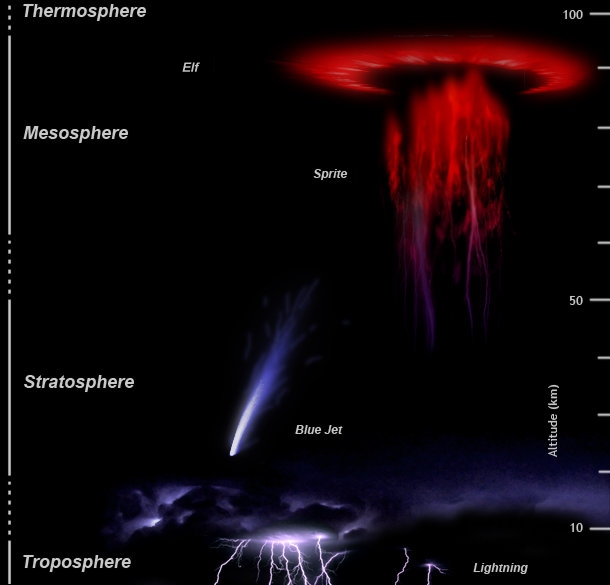
I played two lovely new games this week! The first is Alba: A Wildlife Adventure, on the Nintendo Switch (though it's available on lots of other platforms too, including iPad).

It's a relaxing and short experience. You're a kid gathering signatures to prevent a nature reserve being turned into a luxury hotel. But rather than doing endless quests for people you'll gather those signatures largely by spotting and scanning wildlife.
I liked two things about it in particular. First is the excellent representation of the many animals (mostly birds) that you'll be scanning. I can recognise and identify a few birds in the real world, and I was able to use that knowledge in the game, which suggests that it transfers the other way too.
Second is the wonderful sense of place. It's set on a Spanish island, and it really feels like it - the detail in the environmental design is perfect, from the ruined fortress on the hill, to orange grove, to the apartment building overlooking the sea.
It's clearly designed as a game for kids, and it carries a strong and positive message for them. But I loved it as an adult, and you might too.
The second game I've played this week has been The Signal State - a puzzle game strongly influenced by modular synthesis.
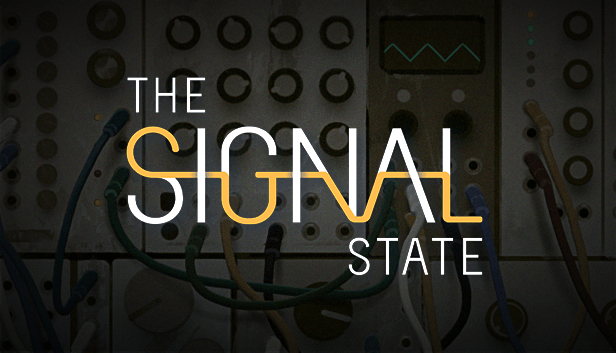
It's set in a post-apocalyptic future, and your task is to get the machinery on an old farm up and running again. The aesthetics are very Stålenhagian, though the story feels a bit more solarpunk in tone.
The puzzles themselves are about using the tools of modular synthesis (splitters, VCAs, logic gates, etc) to process signals from one form into another. They're tough, even if you're pretty familiar with the concepts. But then you stumble on a solution and feel like a genius.
The only thing I wish is that it took place in a 2D or 3D world, like The Witness does. I wish I could see the farm that I'm rebuilding come back to life, rather than just imagining it. That would be so much more evocative than the current list of puzzles.
Nonetheless, if you like puzzle games or modular synth then definitely give it a look.
Finally, I've just started reading Jenny Odell's How To Do Nothing. It's kind of a political book disguised as a self-help book, though there's plenty of both in it.
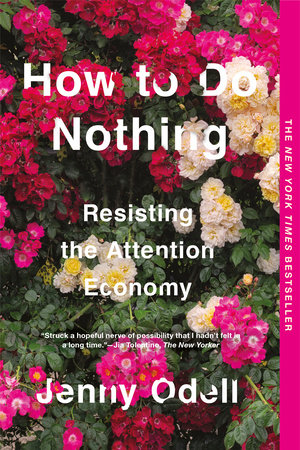
I'm not very far in yet, but I've already been very taken by a philosophy that it references in the introduction called "bioregionalism". I'll let Wikipedia explain:
Bioregionalism is a philosophy that suggests that political, cultural, and economic systems are more sustainable and just if they are organized around naturally defined areas called bioregions, similar to ecoregions. Bioregions are defined through physical and environmental features, including watershed boundaries and soil and terrain characteristics.
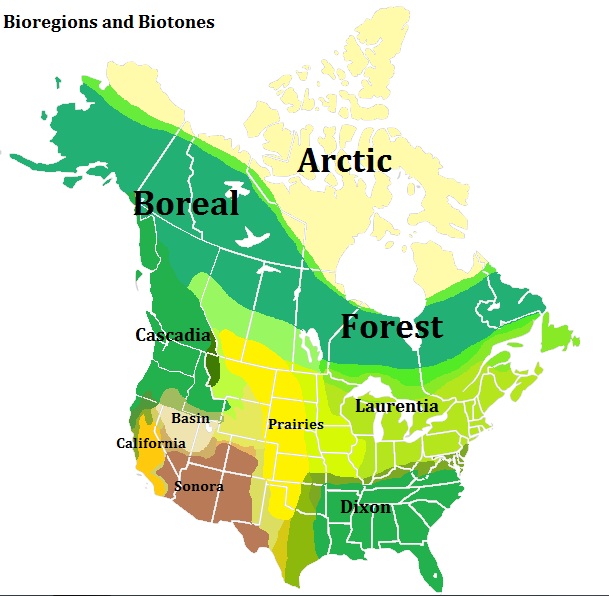
In short, it's about defining yourself by the long-lived landscape and environment where you live, rather than the short-lived political structures that humans have imposed on it.
So as an example, from a bioregionalist perspective, I don't live in Helsingborg in Sweden. I live near the coast on the fertile plains of southern Scandinavia. I don't know about you, but the latter sounds far more beautiful and evocative to my ears.
Bioregionalism is strongly linked with the Cascadian identity on the northern Pacific coast of North America, and I've not come across it in a European context before. But it definitely exists - consider the Alpine cultures, or those of the Mediterranean, or the Baltic states. They share aspects of identity which are based on landscape rather than nationality. "Place shapes identity," as bioregionalism puts it succintly.
I'd love to read more about this, so if you have any recommendations or reflections on the topic then please share.
